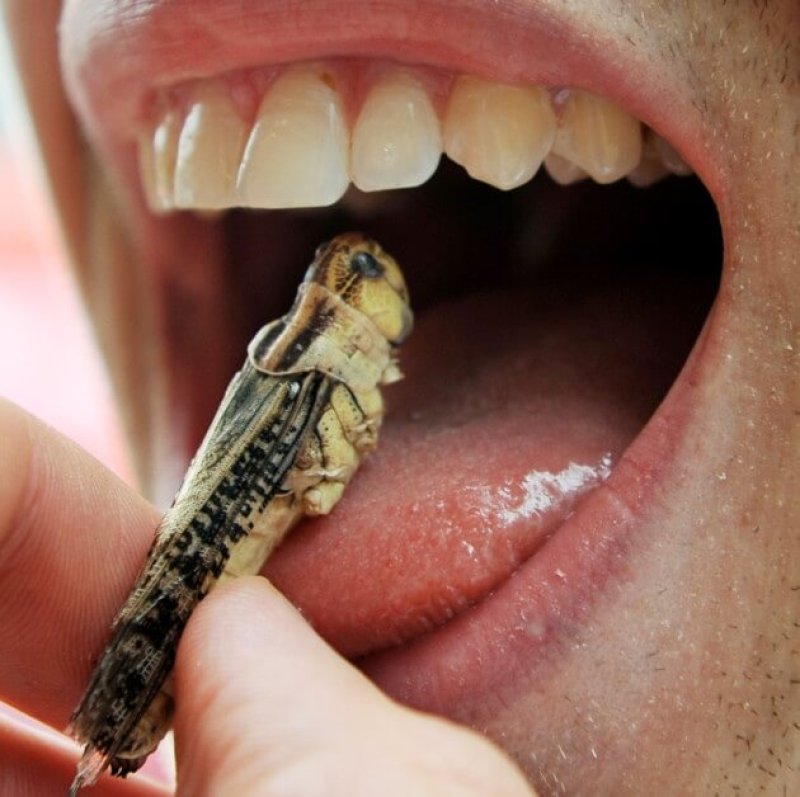Editor’s note: Darcy Shapiro is an evolutionary anthropologist at Rutgers University
Did you know that what your ancestors ate affects your genes today?
…
[Researcher Mareike Janiak] wanted to know how very small insect-eating primates like the tarsier are able to waste so much of their stomach space on material that provides no nutrition.Insects and other arthropods have hard exoskeletons (outer shells) made of a material called chitin. For a long time, researchers thought that mammals – even ones that ate a lot of bugs – were unable to produce the enzyme, called chitinase, that breaks it down.
…
[S]he used published genomes for some of the primates to look for copies of a gene challed CHIA, which codes for acidic mammalian chitinase – the stomach enzyme that breaks down chitin.…
If eating insects was actually an important part of our evolutionary history as a species, this might explain why we still have a functional copy of the CHIA gene. The unsolved mystery here is whether that gene still causes the production of chitinase in the human stomach
…
The expression of the CHIA gene could be mediated by whether or not a person/population has a history of eating insects.
…
Understanding the importance of this resource to our own evolution might open the door to greater acceptance of insects as food – call them part of the original paleo diet.
Read full, original post: The bugs your primate ancestors loved to eat found a way into your genes































